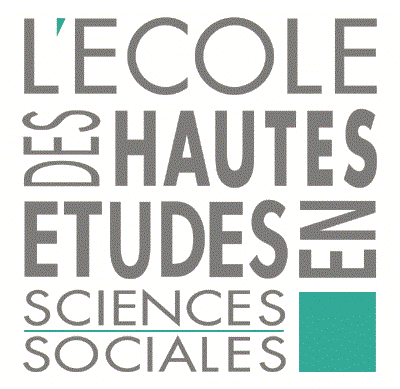|
The Unity of Social Sciences? Hyper-specialization characterizes most, or all fields of academic studies. Medicine, history, economics or anthropology, are divided in internal subfields, often compartmentalized from each other and bearing little connection to the mother discipline. This hyper-specialization helped the development of all sciences, including the Social Sciences, but is often unsuitable to account for the complexity and scale of social processes. Culture, economics, politics, sexuality, the family, and technology shape each other in ways that demands a sobering return to broad scholarship and synthetic analysis and the capacity to move from economic models to historical narrative, from thick ethnography to global processes, from statistical analyses to hermeneutic understanding of everyday practices. To find an inspiration for such model of scholarship, we need to look no further than at Adam Smith, Max Weber, Pareto, or Durkheim, all trained in philosophy, economics, history, political science, the study of religion, sociology, anthropology, and psychology. In order to make sense of the momentous changes undergone by their respective society, these thinkers borrowed freely from various disciplines and practiced Interdisciplinarity before the name was invented. In the landscape of world academia, the EHESS has long stood out for the interdisciplinary character of its pedagogical and research program. This interdisciplinary tradition explains its sustained and steady flow of outstanding scholars such as Lucien Febvre, Claude Levi-Strauss, Fernand Braudel, Roland Barthes, Pierre Bourdieu, Jacques Derrida, Germaine Tillion (to name only a few). No other academic institution in the world has implemented more systematically the deliberate encounter of the Social and Human sciences in its teaching curriculum, most notably but not only: sociology with history, philosophy and literature, history and economics, philosophy and cognitive sciences, anthropology and sociology, history and anthropology. The Unity of the Social Sciences Summer School at the EHESS brings together a large group of outstanding scholars whose aim will be to raise innovative questions about the economy, the city, globalization, and the family. 1. Critique of Economic Reason How are we to criticize the economic models that have become so dominant throughout the world? What does it mean to make economics more open to sociology and history? Seminar leader: Eva Illouz Invited speakers: Mathieu Arnoux, Eve Ciapello, Sébastien Lechevalier, Valeria Siniscalchi. 2. Questioning urban boundaries Cities are in a recurrent process of setting up, eroding, dismantling and building again spatial boundaries and social classifications. Questioning boundaries is what urban builders and dwellers constantly do, it is also the approach we chose for studying the city. Four lectures focus on that theme and explore the relationships between urban built forms and social practices, urban knowledge and power. Case studies are chosen in various time settings, starting with the present time and going backwards up till the early 19th century. Each lecture knits together three lines of analysis:
Seminar leader: Christian Topalov Invited speakers: Michel Agier, Maurizio Gribaudi, Eleonora Elguezabal 3. Which future to the family? The family in Traditional and Modern Societies How have technology, politics, and economics changed the nature of the family and of sexuality itself? What is the future of the family in the face of the radical changes undergone by gender, sexuality and reproduction? Seminar leader: Eva Illouz and Allison Pugh Invited speakers: Alain Blum, Enric Porqueres, Irène Théry 4. Global Histories How do corporations, the nation-state and culture interlock with global processes and transform the structure of modern lives? Seminar leader: Alessandro Stanziani Invited speakers:Laurent Berger, Otto Pfersmann, Isabelle Thireau |


